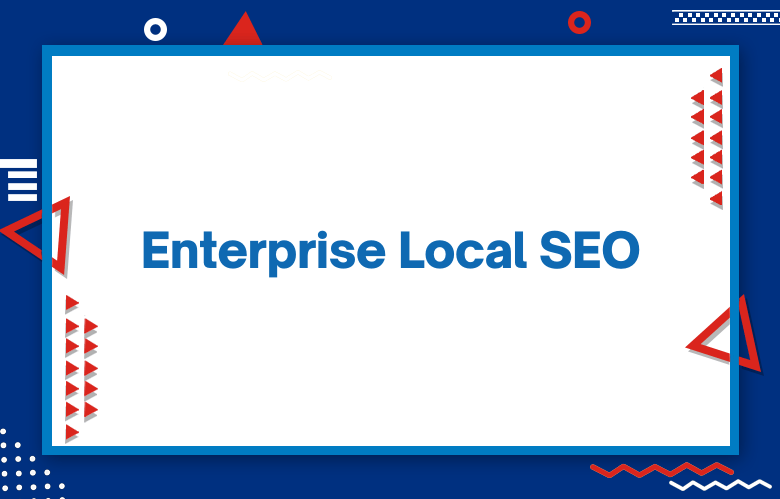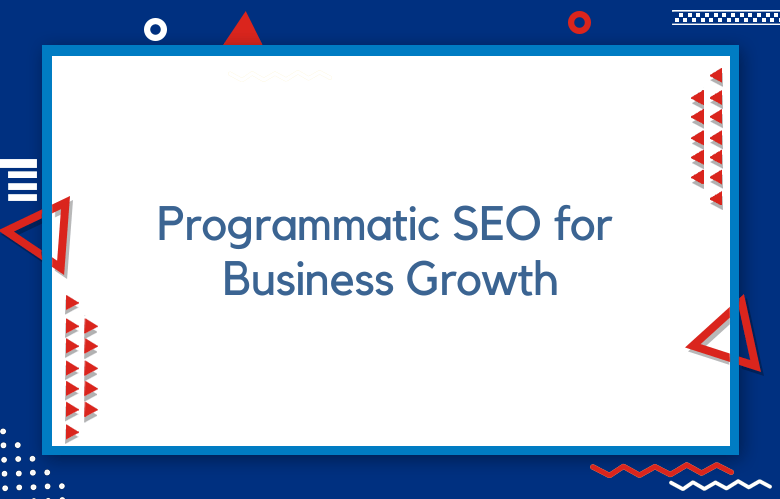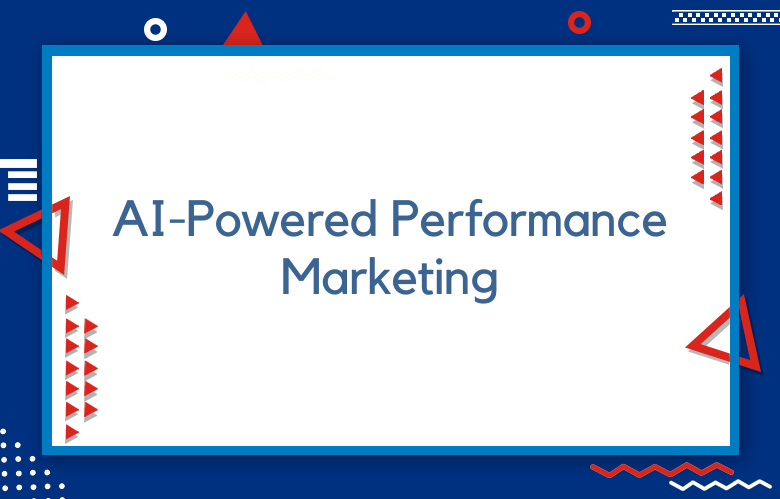Enterprise Local SEO: Top Enterprise Local SEO Challenges

Enterprise Local SEO: Local businesses and small-to-mid-sized companies are often overlooked when it comes to digital marketing. Big brands, like Apple, Coca-Cola, Nike, and many more, have the resources for big advertising budgets to be seen by millions of customers every year.
However, there is a dark side to these massive campaigns: they can end up being too expensive or just not applicable for smaller organizations that don’t have the same reach as a global brand.
Local SEO allows local business owners to create long-term success with their online presence without breaking the bank on short-term gains. It’s time you think about your company’s digital strategy in a new light!
It’s a given that businesses want to rank for their local area. But what about when they don’t have the budget or staff to handle it themselves? This is where enterprise-level SEO comes into play. What does this mean, in layman’s terms?
Enterprise-level means you can’t do it yourself because there are too many other factors involved, and you need professional help with all of them. You might be wondering if hiring an expensive company is worth the investment, but there are so many benefits! The biggest one is getting your business seen by more people, which will increase revenue and profits overall!
What’s the Difference between Enterprise Local SEO and local SEO?
Enterprise Local SEO is a highly unique form of search engine optimization. If you’re in the market for a local business, you should consider looking into it before anything else.
Google has consistently ranked local business websites higher than non-local businesses, but the difference between a local business search ranking and an enterprise is dramatic.
There are many similarities and differences between enterprise local SEO and local SEO.
Why do so many enterprises struggle with local SEO?
The reason is that small businesses want to compete against the big boys in their local market. But they’re not aware of how much more to SEO than getting links and creating content.
Several reasons why companies struggle with local SEO. One of them is because they don’t have an expert on their team who knows about the intricacies of local search algorithms and how to rank in Google Maps.
Because it’s hard to get the basics right: accurate and complete business listings.
Top Enterprise Local SEO Challenges
- Maintaining a consistent online presence across all channels
- Ensuring content is optimized for search engines
- Having the right keywords in place to attract customers and generate leads
- Monitoring customer feedback and adjusting accordingly
- Responding quickly to negative reviews or complaints
- Growing competition from other local businesses
- The need to stay on top of search engine algorithm changes
- Long-tail keywords are more competitive and difficult to rank for
- Negative reviews can hurt your company’s reputation
- Lack of an on-site map
- Limited use of geo-targeted keywords
- Inconsistent keyword density and link profile
- Failure to update old content with new information
- Ranking for a local search term that is too broad
- Getting the right balance of keywords in the meta tags, page titles, and descriptions
- Understanding how to optimize images so they rank well in Google Image Search
- Ensuring your site is mobile-friendly to reach more customers on their smartphones or tablets.
- Optimizing your website content for long-tail queries
- Enterprise businesses often have a higher number of locations than smaller businesses
- The vast majority of people search for local services and products on their mobile phones, which makes it challenging to rank well in Google’s Local Pack
- Businesses with multiple locations are at risk for duplicate content issues because each location has its own website and is publishing potentially similar information about the company
- Smaller business websites may not be as optimized as more significant enterprise sites
- Finding the right keywords to rank for
- Optimizing your site for mobile search and navigation
- Ensuring that you have a Google My Business page set up and optimized with all of the relevant information about your business so it is easy to find on both desktop and mobile searches
- Local SEO is a long-term, ongoing process
- Achieving high rankings for your target keywords can be difficult and time-consuming.
- It’s hard to rank for competitive keywords.
- Google has been changing its search algorithm more frequently than before, making it harder to rank highly in the SERPs.
- Your website needs to have great content and backlinks from other websites
- Local SEO is a complex process with many moving parts
- The most challenging aspect of local SEO is the constant changes in Google’s algorithms
- There are also other challenges, such as finding out what keywords your customers use to find you, competing against national chains for top spots on search engine results pages (SERPs), and optimizing your website across all devices
- Building a solid online presence
- Optimizing for local search engines
- Maintaining business visibility in the age of big data and social media
- Keeping up with SEO trends
- Local SEO is often overlooked by larger companies
- Many small businesses don’t know how to optimize their websites for local search engines
- many factors affect your local ranking, including the quality of your content and website design
- The best way to rank higher in local searches is to have a good mix of backlinks and social media engagement
Local SEO Best Practices for Enterprises
- Develop a content strategy
- Update your website’s information pages with keyword-rich text and images
- Use keywords in page titles, headings, and links
- Create blog posts on topics related to your business or industry
- Optimize for mobile search by making sure your site is responsive and that you have a mobile-friendly version of it
- Create unique content on your website that is geared towards your customer base
- Have a blog with fresh, original posts at least once every two weeks
- Make sure you have social media profiles for all of the major platforms and use them to share exciting information about your company
- Update your website’s copy so it includes keywords that are relevant to what you do
- Optimize the on-page content to include keywords in titles, headings, and body text
- Create a blog for your company’s website where you can post new articles that are relevant to your business
- Set up Google My Business and monitor it for any negative reviews or comments
- Assign keyword research projects to team members so they can find opportunities to optimize pages with keywords that have high search volume but low competition levels
- Create a Google My Business account
- Make sure your business name, address, and phone number are accurate on all online listings.
- Claim your Facebook page to ensure that it is verified by the social media platform.
- Add links from other websites to yours to increase your search engine rankings.
- Ensure that you have an active Twitter feed with relevant content for your industry or local area.
Checklist for Enterprise Local SEO
- Conduct a competitive analysis
- Define your company’s goals and objectives
- Create an SEO strategy to meet those goals
- Get on the map with Google My Business, Bing Places, Yelp, FourSquare, and Facebook.
- Perform keyword research to identify potential searches for your business to optimize content for those terms.
- Implement social media marketing strategies to increase brand awareness and reach new audiences.
- Create a Google My Business page
- Claim your business on Yelp and other directories
- Optimization of your website for search engines with keywords, meta descriptions, and SEO-friendly URLs
- Use social media to promote your business online.
- Get reviews from happy customers or create testimonials of satisfied clients.
- Research your industry and competition.
- Conduct a keyword analysis to identify high-volume, low-cost keywords that are relevant to your business.
- Create compelling content, including blog posts, videos, infographics, etc., to attract links from other websites to increase organic search rankings.
- Utilize social media platforms such as Facebook and Twitter to drive traffic back to your site.
- Research your competitors
- Create a content marketing strategy
- Optimize your website for mobile devices
- Use Google Analytics to measure the effectiveness of your SEO tactics and marketing campaigns.
- Establish your strategy
- Identify keywords and phrases to target
- Create a website map and sitemap for Google’s crawler to follow
- Optimize images with alt tags, titles, captions, descriptions, file names, etc.
- Improve page load speed by removing unnecessary plugins or scripts that cause lag time in loading pages on mobile devices.
Conclusion
If you need an expert local SEO consultant, contact me. I am available to provide your company with the best Enterprise Local SEO Consultant services. I have already helped numerous businesses see their website on page one of Google search engine results pages! My process is easy as well.
Call: +91 9848321284
Email: [email protected]



